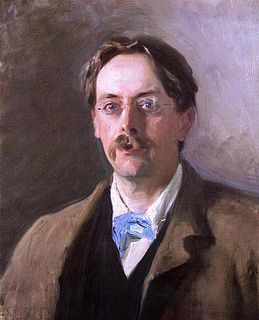A Quote by Nick Hornby
contemporary poetry is a kind of Reykjavik, a place where accessibility and intelligence have been fighting a Cold War by proxy for the last half-century.
Related Quotes
The twentieth century had dispensed with the formal declaration of war and introduced the fifth column, sabotage, cold war, and war by proxy, but that was only the begining. Summit meetings for disarmament pursued mutual understanding and a balance of power but were also held to learn the strengths and weaknesses of the enemy. The world of the war-or-peace alternative became a world in which war was peace and peace war.
The immediate success of the war poem anthologies ... proved that the war had aroused in a new public an ear for contemporary verse ... There has never before, in the world's history, been an epoch which has tolerated and even welcomed such a flood of verse as has been poured forth over Great Britain during the last three years.
I find it strange that - at least in my take on it - the people who are the most alarmed about the dire times we live in are the ones who seem to be humorless, in their taste for poetry anyway. Humor is just an ingredient. It's always been in poetry. It kind of dropped out of poetry I think during the 19th and up to the mid-twentieth century. But it's found its way back. And it's simply an ingredient.
I'll say that this is probably the best time for poetry since the T'ang dynasty. All the rest of the world is going to school on American poetry in the twentieth century, from Ezra Pound to W. S. Merwin, and for very good reason. We have soaked up influence in the last century like a sponge. It's cross-pollination, first law of biology, that the more variety you have the more health you have.






































